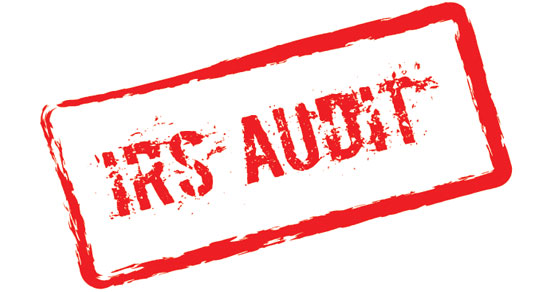Key Factors That Can Increase Your Risk of a Tax Audit and How to Stay Prepared
Tax audits can be an intimidating experience for both individuals and businesses. Although the chances of being audited are relatively low, it’s crucial to be aware of the factors that can increase your risk. By understanding common audit triggers and taking proactive measures, you can minimize your chances of an audit and smoothly navigate the process if it does occur. In this blog post, we will explore key factors that can trigger a tax audit and provide valuable tips to help you stay prepared.
High Income or Disproportionate Deductions:
One of the primary factors that can capture the attention of tax auditors is a significantly high income or deductions that seem disproportionate to your income level. It’s important to note that legitimate deductions should not be avoided, but rather supported by well-documented records. Maintaining accurate financial records and seeking advice from a tax professional will help determine appropriate deductions for your specific situation.
Discrepancies and Errors:
Discrepancies between the information reported on your tax return and the data available to tax authorities can raise suspicion. Common discrepancies include errors in reporting income, inaccurately claimed deductions, or inconsistent information from third-party sources such as employers, banks, or investment firms. Prior to filing, carefully review your tax return for accuracy and ensure all supporting documents are in order.
Self-Employment and Small Business Activities:
Self-employed individuals and small businesses often face closer scrutiny due to the potential for underreported income or overstated deductions. Maintaining meticulous records of your business transactions, including income, expenses, and receipts, is essential. Utilizing accounting software or professional bookkeeping services can help ensure accuracy and compliance with tax regulations.
Unusual or High-Profile Transactions:
Unusual or high-profile transactions can attract attention and increase the likelihood of an audit. Examples include substantial charitable contributions relative to your income, large cash transactions, offshore accounts, or complex investment activities. Engaging in these transactions is not problematic, but be prepared to provide supporting documentation and explanations, if necessary.
Prior Audits or Delinquent Filings:
Having been audited before or having a history of delinquent filings may raise your chances of being audited again. It is important to resolve any outstanding issues from previous audits and prioritize timely and accurate filing in subsequent years. Demonstrating compliance can help mitigate the risk of future audits.
Industry-Specific Risks:
Certain industries are more prone to tax audits due to specific compliance challenges or historical non-compliance patterns. If you operate in an industry known for tax-related issues, such as cash-based businesses, professional services, or real estate, it is vital to maintain meticulous records and seek professional tax guidance. Consider utilizing marketplaces like IfindTaxPro to find the right tax specialist for your unique situation by posting your project.
While no one desires a tax audit, understanding common triggers can help you stay prepared and minimize your risk. By being proactive, maintaining accurate records, correctly reporting income, and thoroughly documenting deductions, you can decrease your chances of an audit. If you do find yourself audited, having well-organized records and seeking professional guidance will facilitate the process. Remember, prioritizing compliance and transparency are key to ensuring a seamless tax experience.








